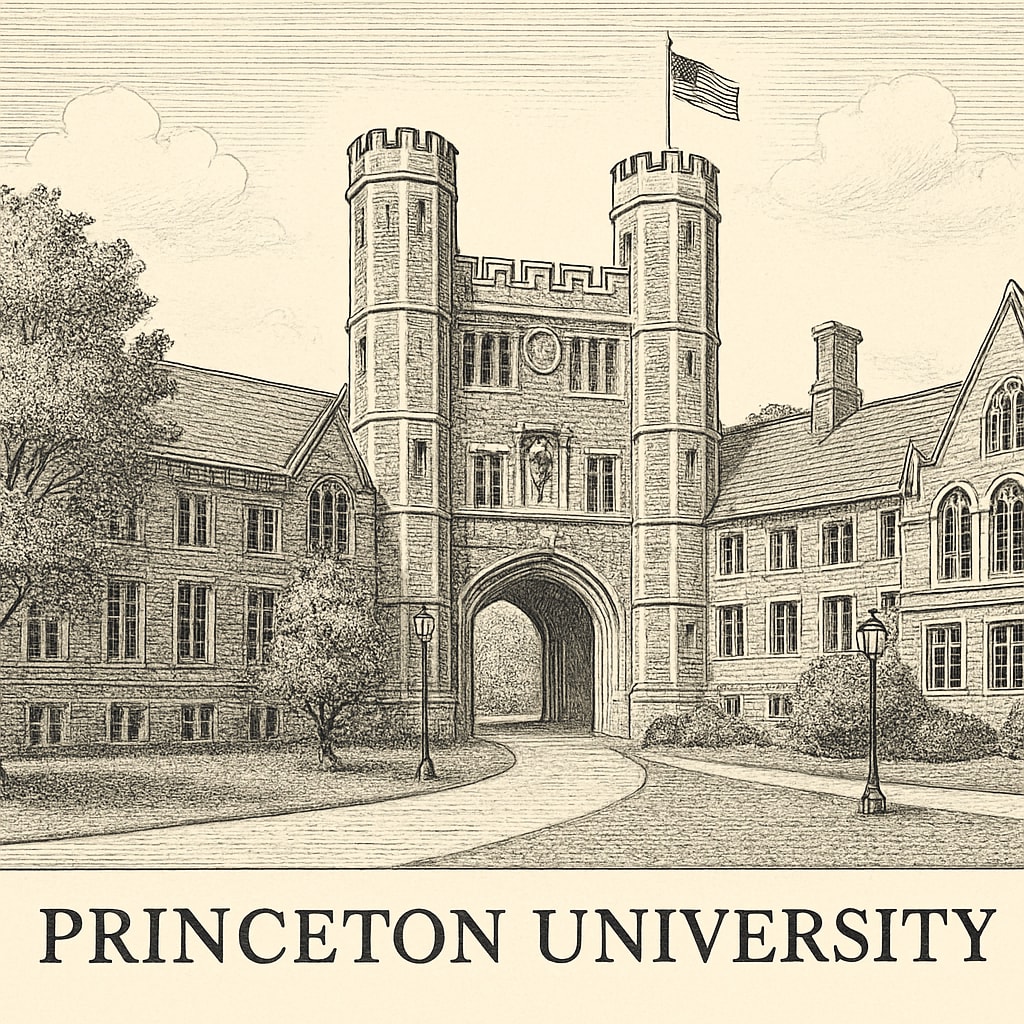The prestige of Ivy League schools, including Princeton University, has long been a symbol of academic excellence and success. However, in recent years, there has been growing debate over whether this reputation is truly warranted—or if the value of such elite institutions is overestimated. This article examines the costs, teaching quality, and career outcomes associated with Ivy League education, as well as its broader impact on the K-12 education system. By doing so, we aim to provide a balanced perspective on whether the Ivy League “brand” aligns with its actual value.

The True Cost of an Ivy League Education
One of the most significant barriers to attending an Ivy League school is its cost. Tuition at institutions like Princeton University can exceed $60,000 annually, not including room, board, and additional fees. While financial aid programs are often robust, they do not always cover the full financial burden for middle-income families. For many, the question becomes: Is the return on investment worth it?
Critics argue that the high costs are not always justified by the outcomes. Research shows that while Ivy League graduates have higher average salaries, this advantage may not stem solely from the education itself but rather from the network and prestige associated with the brand. Additionally, many non-Ivy institutions offer comparable programs at a fraction of the cost, raising questions about the true value of the Ivy League “premium.”
Quality of Education: Prestige vs. Practicality
Another point of contention is whether Ivy League schools deliver a superior educational experience. While Princeton and its peers boast world-class faculty and state-of-the-art facilities, the actual teaching quality can vary widely. Some students report that large lecture halls and limited access to professors diminish the personalized learning experience one might expect.
Moreover, critics highlight that Ivy League schools often prioritize research over teaching. This focus on producing groundbreaking studies may come at the expense of undergraduate education. As a result, students may find equally rigorous and engaging opportunities at smaller liberal arts colleges or public universities.

Career Outcomes and the Power of the Ivy League Brand
The career advantages of an Ivy League degree are undeniable, but they are not always as transformative as many believe. Graduates often benefit from extensive alumni networks, which can open doors to prestigious companies and influential roles. However, studies suggest that these opportunities are more dependent on the alumni network itself rather than the quality of education received.
For example, the National Bureau of Economic Research found that students who were admitted to Ivy League schools but chose to attend less selective institutions still achieved similar career outcomes. This finding suggests that individual ambition and talent often outweigh the value of the “Ivy League” label.
The Ripple Effect on K-12 Education
The cultural obsession with Ivy League schools has also influenced K-12 education in the United States. High school students are increasingly pressured to excel academically, participate in extracurriculars, and craft standout college applications—all in the hopes of securing admission to a top-tier institution. However, this intense focus on elite colleges may overlook the broader goal of education: fostering a love of learning and preparing students for diverse career paths.
Furthermore, the emphasis on elite admissions has contributed to inequities in the education system. Wealthier families often have access to private tutors, standardized test preparation, and other resources that give their children a competitive edge. This dynamic exacerbates socioeconomic disparities, making the pathway to Ivy League schools less accessible to underrepresented groups.
Conclusion: Time for a Reassessment
While Ivy League institutions like Princeton University have undoubtedly made significant contributions to academia and society, their value should not be immune to scrutiny. As we consider the costs, teaching quality, and career outcomes, it becomes clear that the true worth of these elite schools depends on individual goals and circumstances. For some, the Ivy League remains a worthwhile investment; for others, equally valuable opportunities exist outside the confines of these storied campuses.
Ultimately, the broader conversation about education should shift from prestige to practicality. By focusing on the needs and aspirations of each student, we can create a more equitable and effective education system for all.
Readability guidance: This article uses short paragraphs, active voice, and transitional words to enhance readability. Lists and headings are incorporated to summarize key points effectively.


